|
|
|
|
The COVID-19 pandemic affected almost every aspect of life over the last two and a half years. Beyond health and health care, things like family violence, social isolation and economic challenges were issues that loomed large for many people. Food insecurity is another risk that was exacerbated during the pandemic, especially for people who were already marginalized.
Today in The Conversation Canada, Phillip Joy of Mount Saint Vincent University writes about his research on the food insecurity experiences of 2SLGBTQ+ people during the COVID-19 shutdowns. From nutritional advice to financial support to the barriers faced by 2SLGBTQ+ people in accessing services, the study highlights the need to discuss the unequal impact of food insecurity.
“Food insecurity is a social justice issue,” Joy writes. “It is intimately tied to the social determinants of health, including income, employment and working conditions, education, gender and racism. This places people who are part of historically marginalized groups at greater risk of food insecurity. This includes Two-Spirit, lesbian, gay, bi, trans, and other sexually and gender diverse (2SLGBTQ+) groups.”
Also today:
Regards,
|

|
Patricia Nicholson
Health + Medicine Editor
|
|
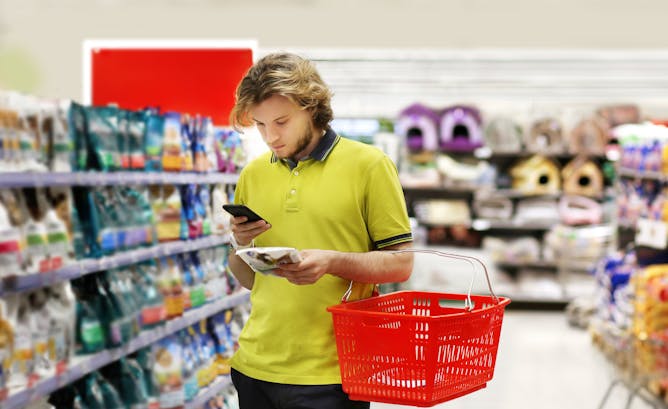
Approximately one-third of 2SLGBTQ+ young people who participated in a nutrition study noted that they did not have any support systems in place to help them with their nutritional needs during the pandemic.
(Shutterstock)
Phillip Joy, Mount Saint Vincent University
Food insecurity is a social justice issue tied to social determinants of health. Historically marginalized people like 2SLGBTQ+ youth are at risk, and more likely to be food insecure during COVID-19.
|
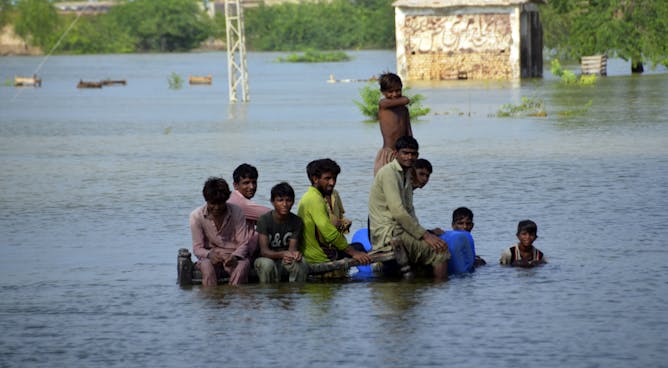
A group of men sit in floodwater in Pakistan’s southwestern Balochistan province, Sept. 3, 2022.
(AP Photo/Zahid Hussain)
Omer Aijazi, University of Victoria
The culpability for Pakistan’s catastrophic floods rests with the government and wealthy polluter countries.
|
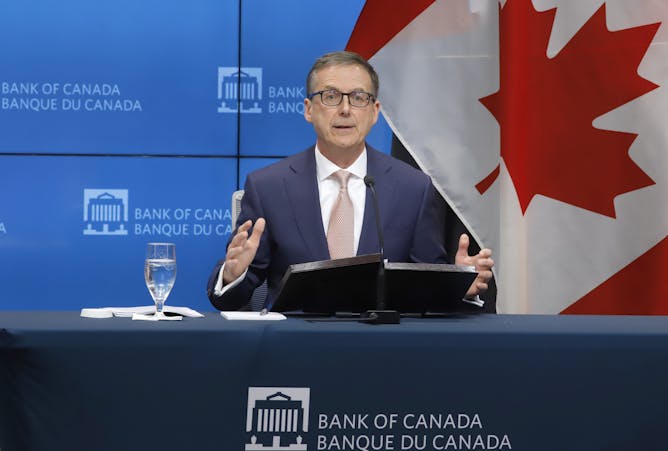
Governor of the Bank of Canada Tiff Macklem speaks at a press conference in Ottawa in June 2022.
THE CANADIAN PRESS/ Patrick Doyle
Apostolos Serletis, University of Calgary
The Bank of Canada’s expansionary monetary policy in 2021 is an important source of the high inflation we are experiencing today.
|

In-depth interviews with former youth in care described barriers and challenges to attending post-secondary education once they received a tuition waiver.
(Shutterstock)
Jacquie Gahagan, Mount Saint Vincent University; Dale Kirby, Memorial University of Newfoundland; Krista C Ritchie, Mount Saint Vincent University; Kristyn Anderson, Dalhousie University
To understand how tuition waivers and associated supports can help former youth in care complete post-secondary education and positively affect their health, evidence-based practices are needed.
|
La Conversation Canada
|
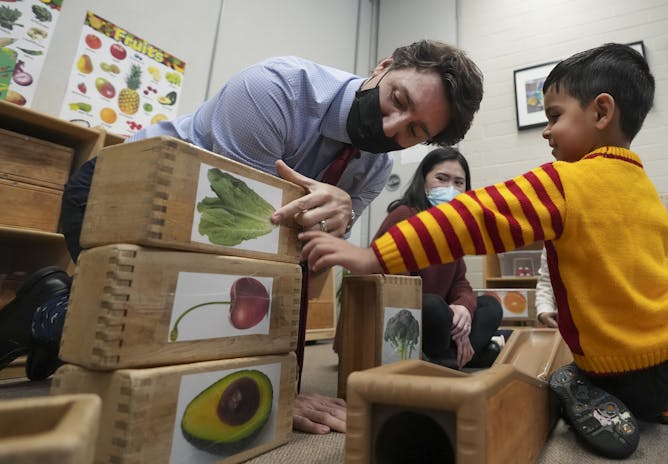
Le Premier ministre canadien Justin Trudeau, à gauche, joue avec des enfants dans un centre d'apprentissage et de garde d'enfants à Brampton, en Ontario, le 28 mars 2022.
LA PRESSE CANADIENNE/Nathan Denette
Isabelle Vinet, Université du Québec à Montréal (UQAM); Emis Akbari, University of Toronto
À l’heure actuelle, le lien entre l’éducation de la petite enfance et la durabilité nécessite beaucoup plus de financement, de bourses académiques et d’actions.
|
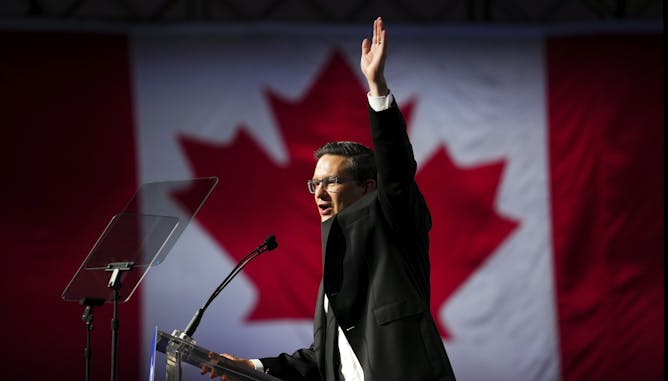
Le nouveau chef du Parti conservateur du Canada, Pierre Poilievre, salue les militants lors de sa victoire, le 10 septembre.
La Presse canadienne/Sean Kilpatrick
Sam Routley, Western University
En se concentrant sur les questions qui concernent les Canadiens ordinaires, Pierre Poilievre pourrait offrir une alternative convaincante aux libéraux impopulaires de Justin Trudeau.
|
Ukraine Invasion
|
-
Janina Dill, University of Oxford; Carl Muller-Crepon, London School of Economics and Political Science; Marnie Howlett, University of Oxford
What ordinary Ukrainians think about the cost of war against Russia.
-
Matthew Sussex, Australian National University
Vladmir Putin has a new problem. His invasion of Ukraine is not just bogged down. It’s going backwards.
|
|
Culture + Society
|
-
Prinola Govenden, University of Johannesburg
The study analyzed the content of six news outlets from 1994 to 2014, looking at how core socio-economic issues were reported.
|
|
Politics
|
-
John Curtice, University of Strathclyde
King Charles has inherited the crown at a time when support for the institution of the monarchy has fallen to a new low.
|
|
Science + Tech
|
-
Deby Cassill, University of South Florida
Ant feet are equipped with an array of tools – from retractable sticky pads to claws to special spines and hairs – enabling them to defy gravity and grip virtually any surface.
|
|
|
|
| |
| |
| |
| |
|
|
|
|
|
|
|